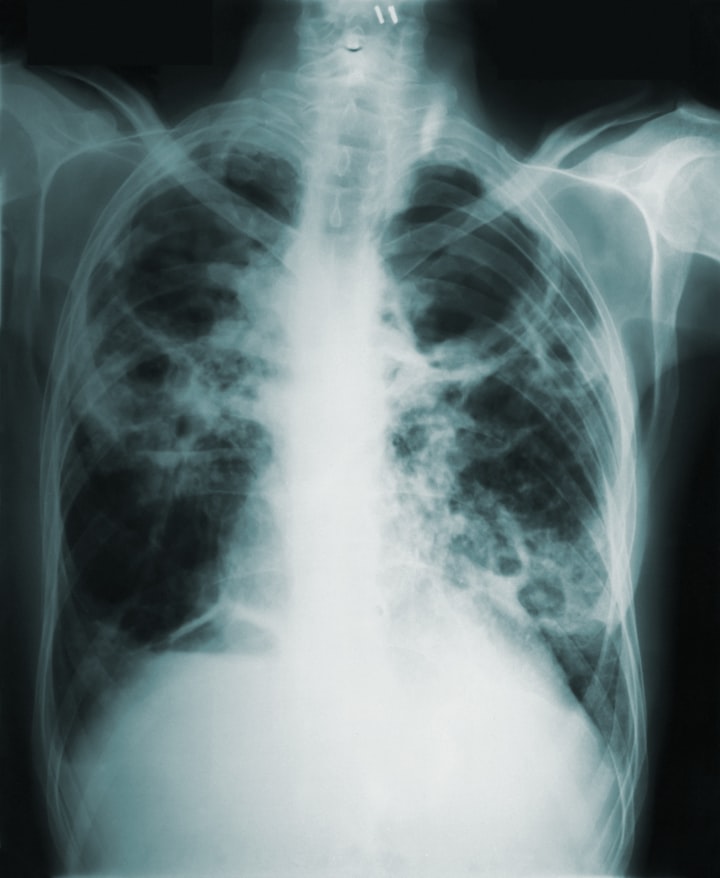Causes, Symptoms, Diagnosis, and Management
Introduction:
Chronic Kidney Disease (CKD) is a prevalent and progressive condition characterized by the gradual loss of kidney function over time. The kidneys play a crucial role in filtering waste products from the blood, regulating fluid balance, and maintaining overall health. In this article, we will delve into the causes, symptoms, diagnosis, and management strategies for CKD, providing valuable insights for individuals affected by this chronic condition.
Causes and Risk Factors:
CKD can have various causes, including diabetes, high blood pressure (hypertension), glomerulonephritis (inflammation of the kidney's filtering units), polycystic kidney disease (genetic disorder causing cysts in the kidneys), and prolonged urinary tract obstruction. Other risk factors contributing to the development and progression of CKD include obesity, smoking, a family history of kidney disease, age, ethnicity (African-American, Native American, and Asian), and certain medications or toxins.
Symptoms:
In the early stages, CKD may not exhibit noticeable symptoms. As the disease progresses, however, the following symptoms may manifest: fatigue, generalized weakness, persistent itching, loss of appetite, muscle cramps, swelling of the feet and ankles (edema), changes in urine frequency and volume, difficulty concentrating, sleep problems, and hypertension. If left untreated, CKD can lead to complications such as anemia, bone disease, cardiovascular disease, and end-stage kidney failure.
Diagnosis:
Early detection of CKD is crucial to slow its progression and prevent complications. Diagnosis involves a combination of medical history evaluation, physical examination, laboratory tests, and imaging studies. Blood tests, including serum creatinine and estimated glomerular filtration rate (eGFR), are used to assess kidney function. Urine tests check for the presence of protein and blood. Additionally, imaging techniques such as ultrasound or a kidney biopsy may be conducted to evaluate the structure and condition of the kidneys.
Stages of CKD:
CKD is classified into five stages based on the eGFR and the presence of kidney damage. The stages range from Stage 1 (mild kidney damage with normal or high eGFR) to Stage 5 (end-stage kidney failure requiring dialysis or kidney transplantation). Each stage signifies a different level of kidney function and guides the treatment approach and management strategies.
Management and Treatment:
The management of CKD focuses on preserving kidney function, controlling symptoms, and preventing or managing complications. Lifestyle modifications play a crucial role and include adopting a kidney-friendly diet, controlling blood pressure, managing blood sugar levels (in cases of diabetes), quitting smoking, limiting alcohol consumption, exercising regularly, and maintaining a healthy weight. Medications may be prescribed to manage blood pressure, treat underlying conditions, control cholesterol levels, and alleviate symptoms.
Dialysis and Transplantation:
For individuals with end-stage kidney failure, dialysis or kidney transplantation may be necessary. Dialysis is a procedure that involves filtering waste products and excess fluid from the blood using a machine. It can be performed through hemodialysis, where blood is filtered externally, or peritoneal dialysis, where the abdominal cavity is used as a filter. Kidney transplantation is considered the optimal treatment option, providing a better quality of life and improved long-term outcomes. However, organ availability and compatibility are factors that influence the feasibility of transplantation.
Support and Lifestyle Adaptations:
Living with CKD requires adjustments and support. Regular follow-up visits with healthcare professionals are essential to monitor kidney function, manage medications, and address any concerns or complications. Support from family, friends, and support groups can provide emotional and practical assistance. Adapting to a kidney-friendly diet, managing fluid intake, monitoring blood pressure, and engaging in regular physical activity are important aspects of self-care.
Conclusion:
Chronic Kidney Disease is a progressive condition that requires proactive management to preserve kidney function and prevent complications. Early detection, lifestyle modifications, medication management, and close monitoring are crucial in slowing the disease's progression. Understanding the causes, recognizing symptoms, and seeking appropriate medical care can significantly improve the quality of life for individuals living with CKD.






Comments
There are no comments for this story
Be the first to respond and start the conversation.